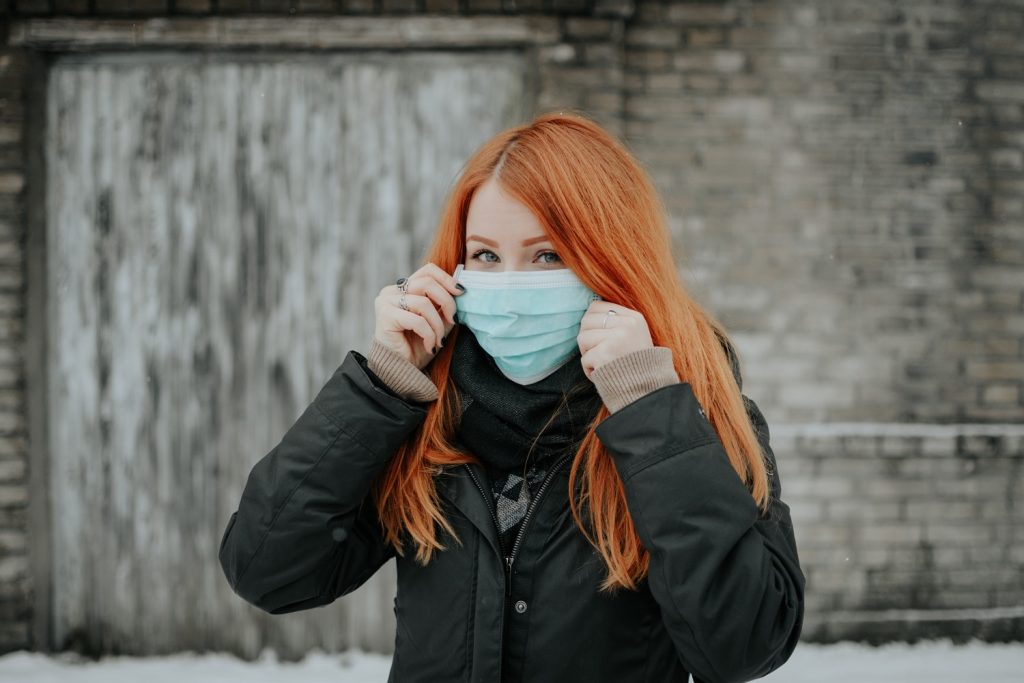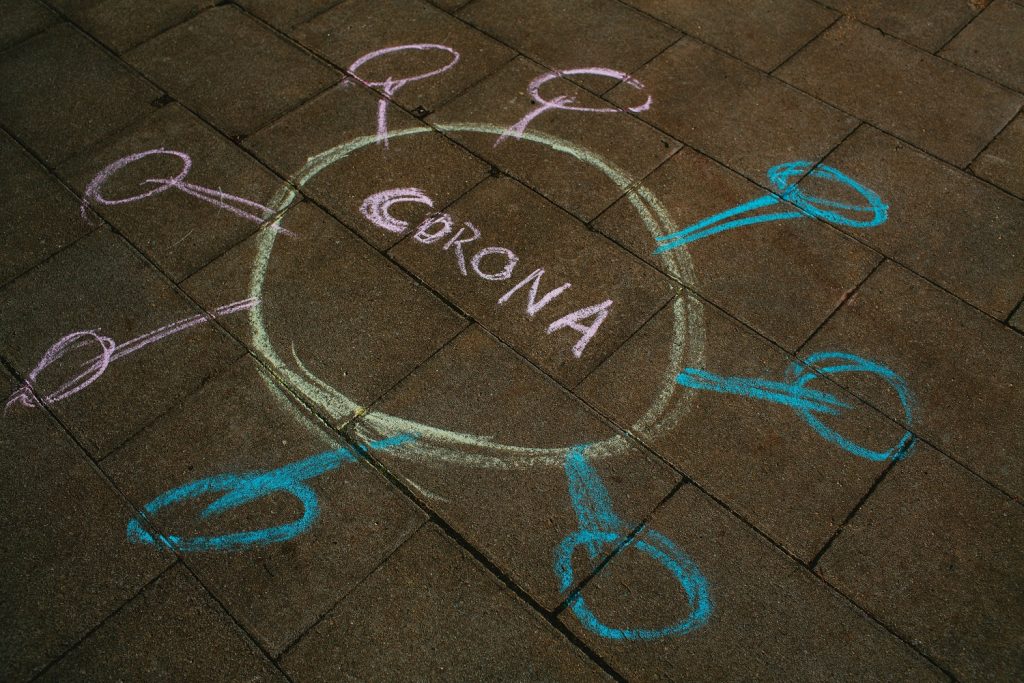The coronavirus crisis is a wicked problem and we need to govern it as such – thoughts from political science.
Without a doubt, virologist, epidemiologist and medical doctors are the most critical voices of the scientific community that need to be heard today. However, some of them have also stressed that the fight against the coronavirus is a political one. Therefore, it could be time to look to the community of political scientist to show guidance on that side of the problem.
Harshly speaking, governments are not equipped with the right type of tools to govern the coronavirus crisis. Most governments are excellent at dealing with simple and complex problems. The coronavirus crisis, however, must be considered a different, so-called wicked problem which, because of its nature, can hardly be controlled nor affected by regular governance approaches.

When looking at appropriate governance approaches to other wicked problems, like the climate crisis, we can see that only bottom-up attempts (with no or minimal government intervention) have any chance to mitigate the problem. This points towards the fact that we are already doing many things right in dealing with this crisis – #staythefuckhome. But let’s slow down for a moment and see what makes this problem so wicked.
What are wicked problems?
A list of wicked problems usually includes items like climate change, terrorism, global inequality and, most recently, the European migrant crisis. The list is very short, and all of these are quite extraordinary items on the agenda of policy-makers. The uniqueness, however, is only one of the aspects that make them wicked.
The easiest way to understand what wicked problems are is to map what they are not. I already mentioned that governments are very good at governing simple and complex problem (which the majorities of problems that governments face are classified as). Simple problems have a clear definition and a clear solution. An example is the need for issuing new IDs and the establishment of a government agency who is in charge of it.
Complex problems only have a clear problem definition but produce many contesting opinions on how to solve them. Many social policy reforms fall under this category. Here, the problem might be obvious, e.g. based on the new PISA survey our student’s reading ability is worse than before, but the solution to this problem, eg new textbooks, new training of teachers or even reform of the school system, could be imagined very different by many different stakeholders. Regardless of which solution attempt is chosen, governments have a large structural toolbox to fall back on.
However, when it comes to wicked problems, then they have no clear definition and no clear solution. The lack of definition is the expression of the fact that wicked problems are in constant change and solution attempts will inevitably turn it into another problem (something we can observe in the case of the coronavirus crisis as well). This leaves us with a situation in which there are no right or wrong solutions but only good or bad ones since every intervention will turn the problem into something new.

The toolbox of our governments is therefore not only ineffective, but worse – they turn the problem into a new one that then is always in a dire need of a solution. There has been a tendency of policy-makers just to cut this sizeable overwhelming problem into smaller pieces and give it a piece-meal treatment. However, the ever-changing nature of a wicked problem makes it impossible to view it only partially and treat these parts. By doing so, policy-makers demote the problem from its wicked status which leaves us underestimating it.
What makes the coronavirus crisis a wicked problem?
At the core of the coronavirus pandemic lies the large-scale threat to the health and even the life of many humans. From this perspective, the definition of the problem is straightforward and not much debatable. The solution, on the other hand, is somewhat unclear, and many possibilities have been imagined (ignoring it, achieving herd-immunity, the lockdown of the population, or the plan to self-isolate etc.).
Once a solution attempt has been put into action, the definition of the problem is changing. Most of the world attempted to counter the coronavirus crisis by requesting its population to self-isolate, which has created many new facets of the problem. The crisis is no longer just a threat to the physical health of many, but the self-isolation endangers the mental health of the population, increases the likelihood of domestic violence, threatens to collapse national economies and health-care systems and will deepen inequality.

The crisis can no longer be defined as a direct health hazard based on people getting sick with COVID-19 but comprises a multitude of single crises that require a solution. In a classical wicked problem fashion, solution attempts to one of these crises will intensify or at least modify one of the others. So would, for example, booting up the economy leave people’s health exposed. But how can a wicked problem, or the coronavirus crisis, then be governed if the tools of our governments are not as effective in this case as we would like them to be.
Governing the coronavirus crisis
The answer to the question of how to then govern wicked problems is not that easy. We mostly can say it has to be different from the hierarchical and network-based approaches that dominate public administration today (and again, are the correct answers to simple and complex problems).
In the scope of our research project, we can tentatively point towards types of governance that bypass the need of governments and focus on grassroots movements and other bottom-up approaches. One might rightfully argue that the government imposed the self-isolation in Estonia. However, the government would be hardly capable of enforcing it on its own, and therefore it will only last and remain effective if the population understands the need and acts accordingly. This is why global educational movements that happen outside of the government realm, like #staythefuckhome, are the most critical initiatives that will help to govern this crisis.
Other powerful things happen outside of the political realm such as the suspension of rents of small businesses or private residents, the conversion of companies to manufactures of critical items, like masks or hand sanitiser, and the reawakening of solidarity and sympathy between people. These remarks do not render government action meaningless. However, we cannot look to them to find a tool in their box that will solve this problem and just put it away (even though I think they have done a good job so far). The coronavirus crisis can only be governed with the joint effort of the political and the private realm.
The opinions in this article are those of the author. The cover image by Markus Spiske (Unsplash).

